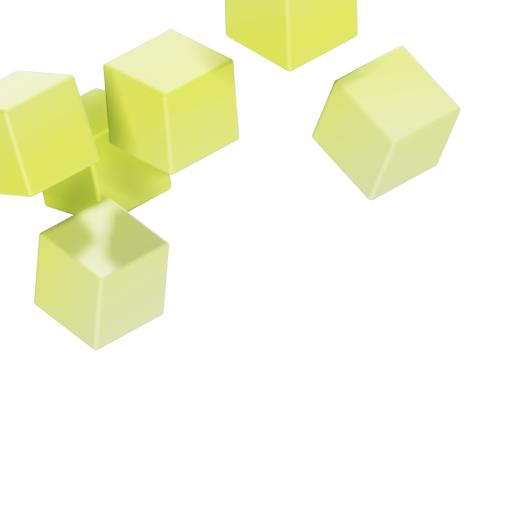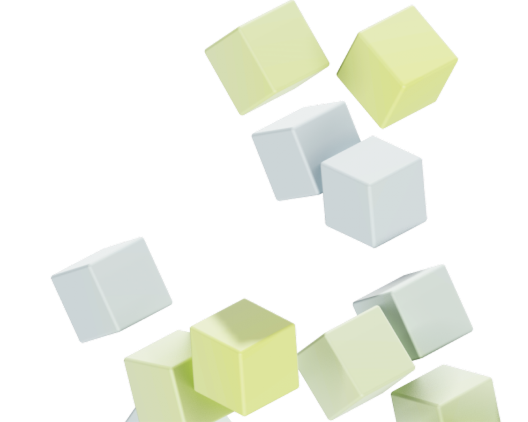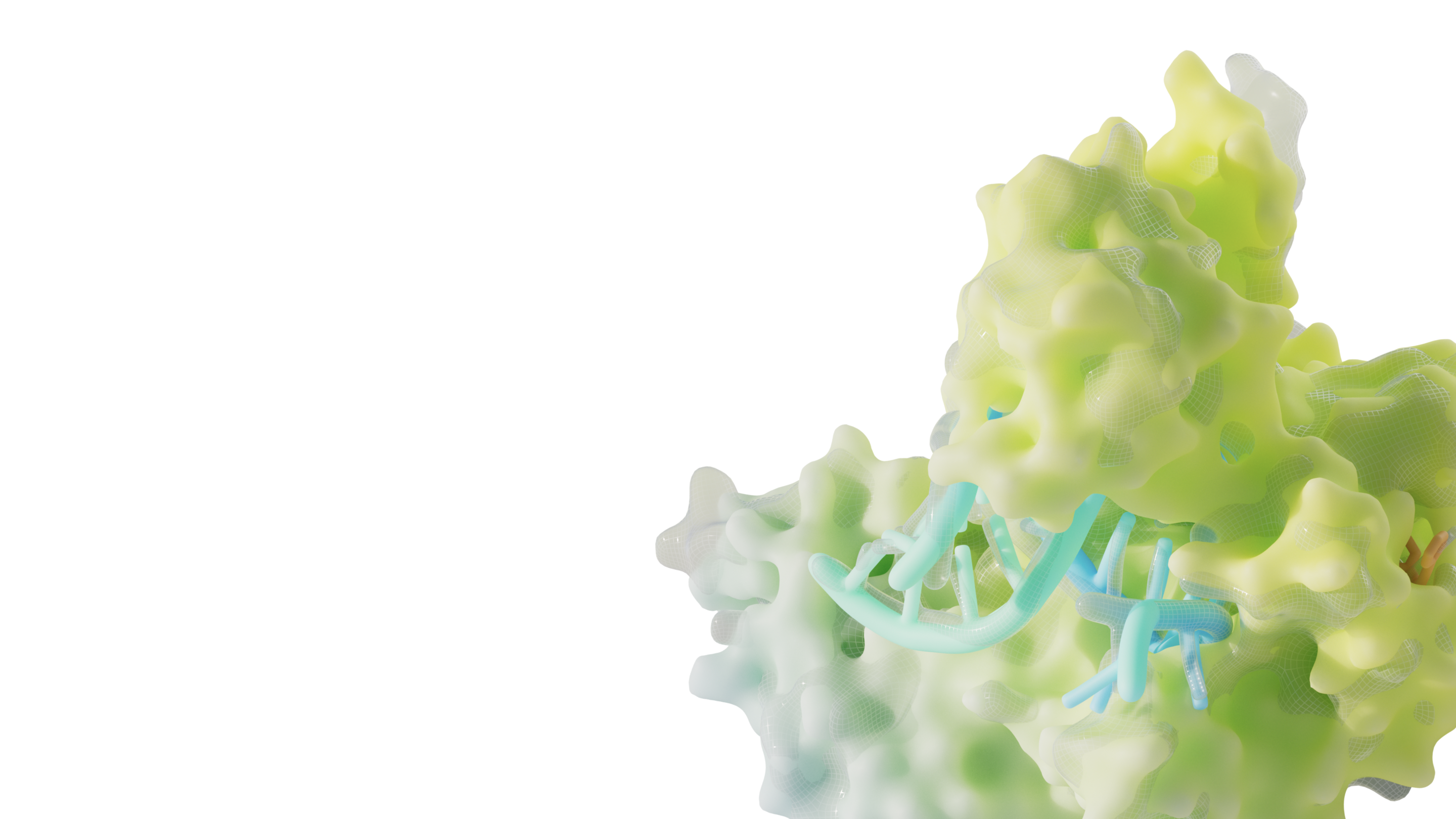
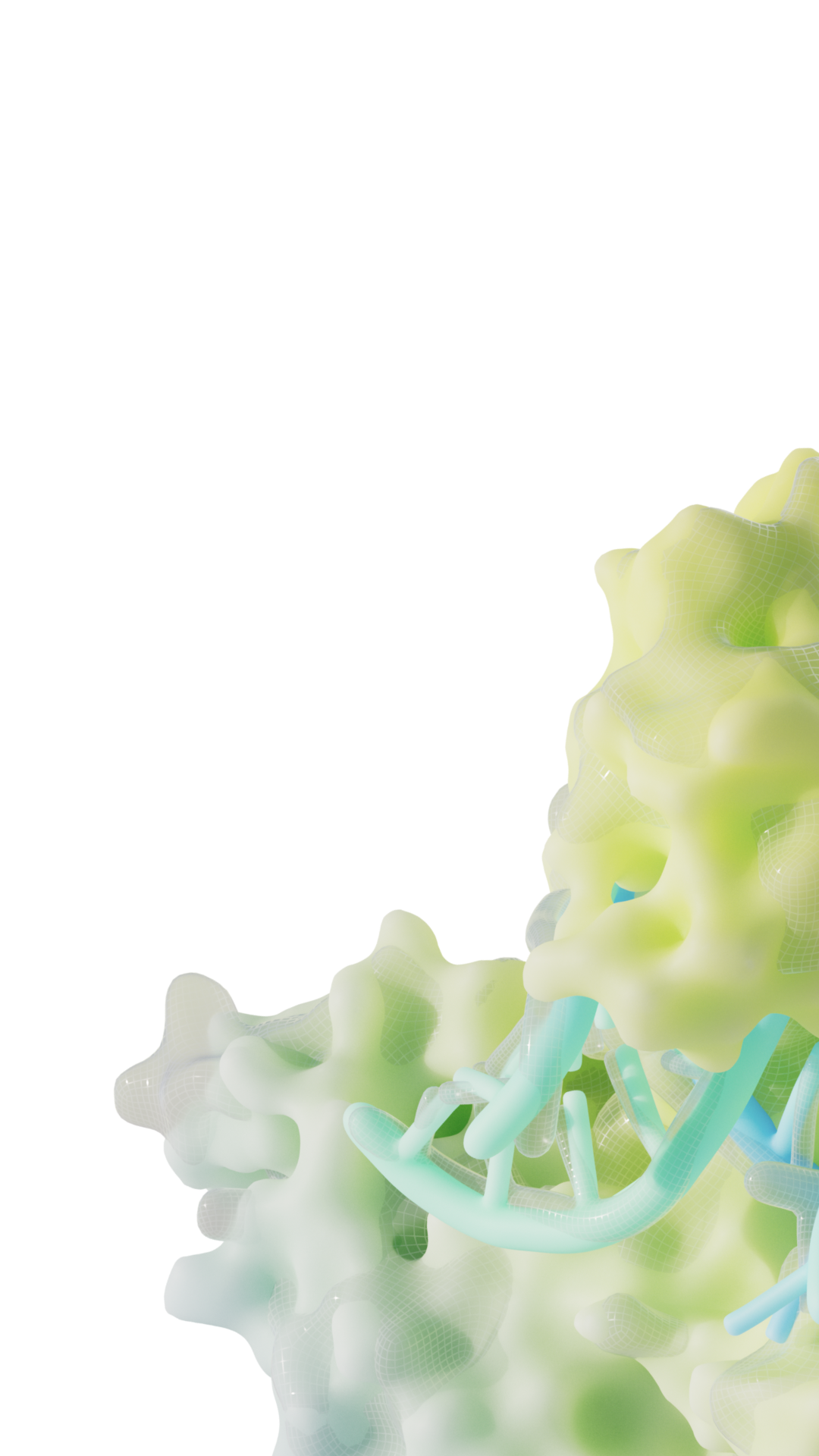
The AI technology we have developed allow our researchers to explore a new chemical landscape. We can now take on historically challenging targets with extraordinary pace and accuracy.
Isomorphic Labs was launched from DeepMind, and many of our team contributed to the creation of the groundbreaking AlphaFold system.
Our interdisciplinary team has developed a unified, state-of-the-art drug design engine that will transform how we design new drugs, and ultimately change the way medicine will help and heal people.
“I believe there is no more important application for AI than helping to improve human health.”
“I believe there is no more important application for AI than helping to improve human health.”
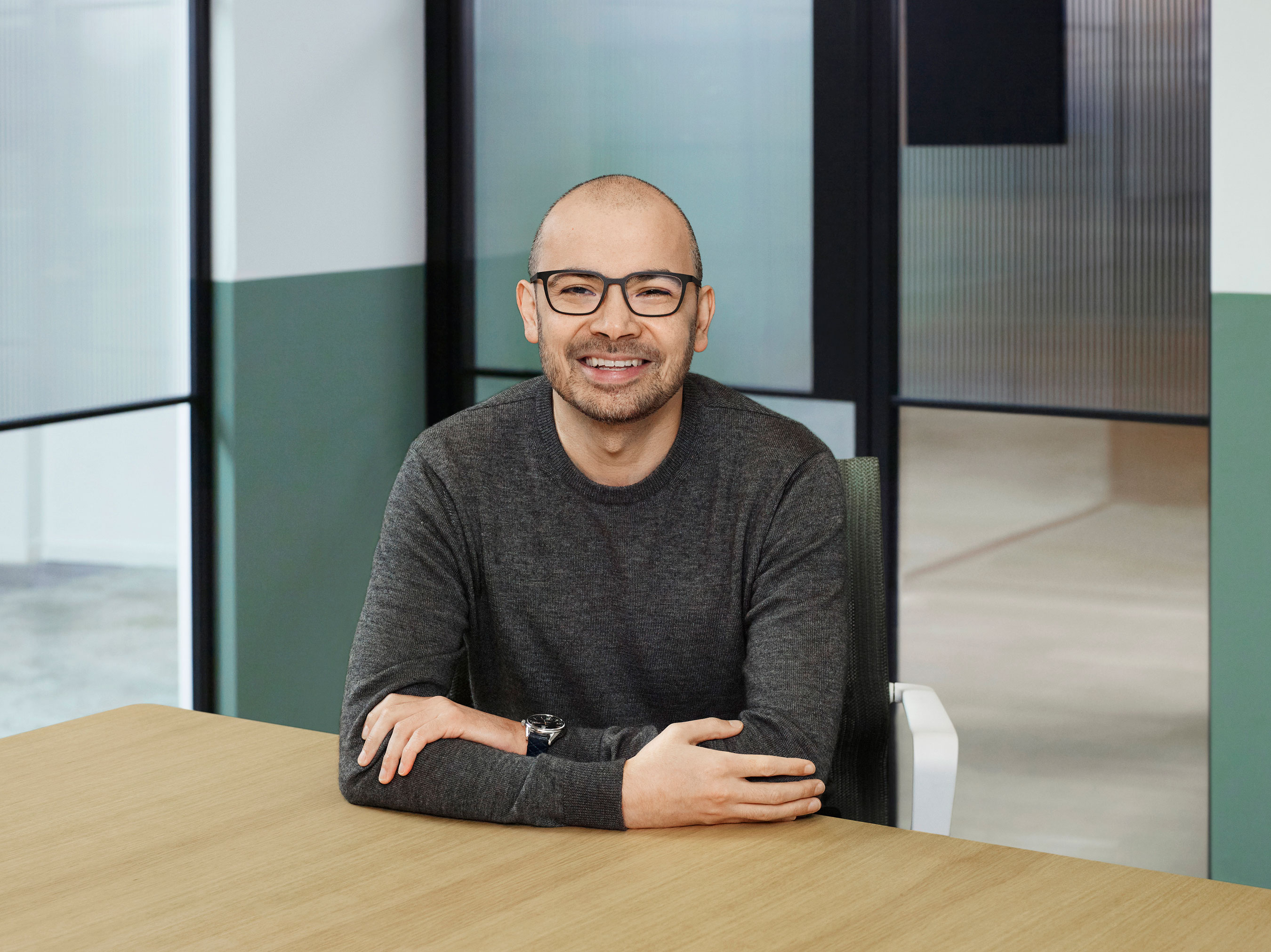
Iso’s success relies on our brilliant teams working together, learning from and empowering each other every single day.
